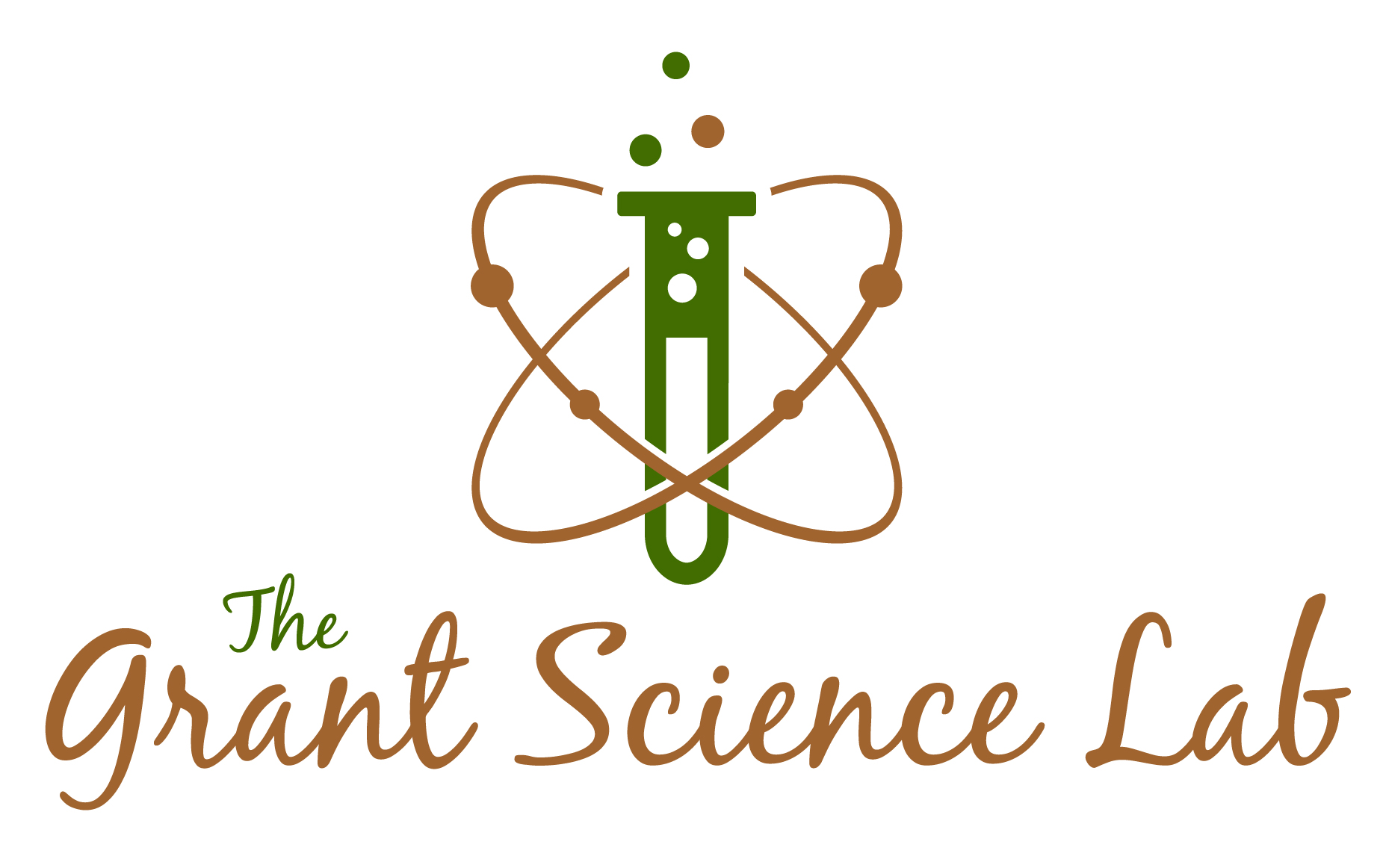What I Learned From Writing Scientific Research Grants
Grant writing is hard, intellectual work. I learned that the hard way through writing grant proposals for scientific research as a college professor. There was no middle ground with letters of inquiry, letters of intent, or short proposals complete with budget. At best, there were some concept papers. Grant proposals for scientific work are long. The narrative of these proposals is a detailed scientific term paper covering the most current scientific information, complete with works cited, your supporting data, and multiple year budgets. These are only the highlights. Writing one of these requires a high level of intellectual rigor and an attention to detail. It is always about the details and they begin with an agency’s exacting grant program guidelines.
Here are two lessons learned:
1. Read the grant program guidelines multiple times for details and understanding.
2. Contact the program officer about those details, because you might have missed something.
These two lessons are applicable across the grant writing community. They are standard operating procedures for grant writers. The funding success rates of scientific research proposals depend on the agency and the division in the agency, but a 10% success rate was typical, when I was active. Funding success rates for more education based proposals or those serving targeted populations were somewhat higher. With such low success rates, submitting a competitive proposal was critical for a faculty member on the tenure track. A career and future was at stake. Paying attention to the writing, budget, submission guidelines, and regulations is the easy part. The hard part is the science.
In the world of scientific research, a competitive proposal is one that makes it to the peer review panel. Getting the grant funded is the goal, but it must make it to the review panel first. Another yet specialized lesson for a scientific research grant is:
3. Get the details of the proposed science right. The ad hoc reviewers and the panel will find the weak spots. That is their job.
This means reviewing and writing about the background scientific literature related to the proposed project. The proposed ideas must have support from previous studies and new results. Good experimental design for the planned experiments is a prerequisite. Statistical analysis and evaluation are integral to the process. No scientific or intellectual holes allowed. Everything must be right and tight. These things are what make the science research grant one of the toughest to tackle. There are forthcoming lessons here for the non-profit and non-scientific grant writer.
